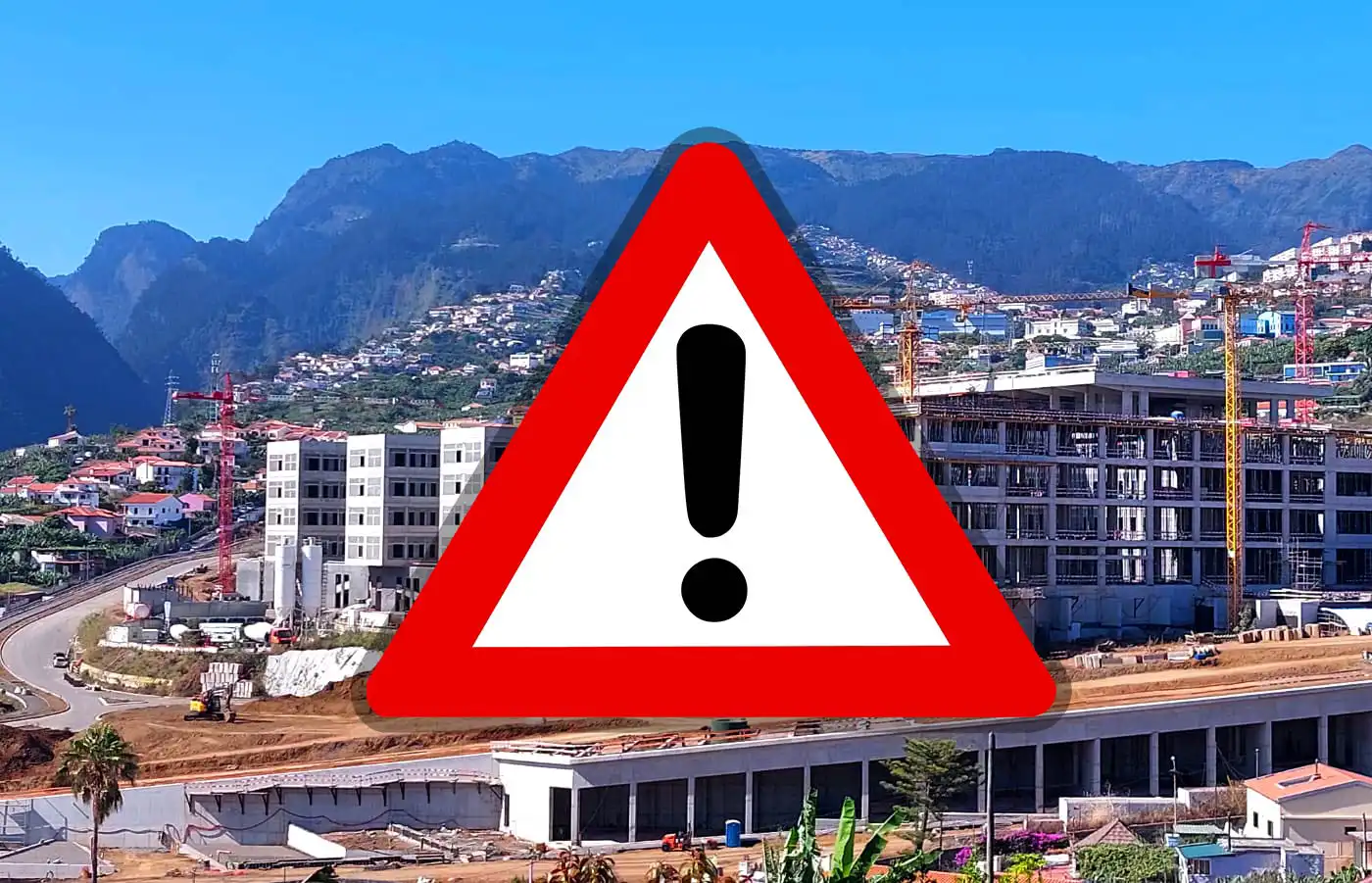This Happened
The Portuguese Court of Auditors refused prior approval of a contract between the Madeira Promotion Association and Lisbon-based Nova Expressão, ruling it a “serious violation of legal principles.” While presented as a €170,000 tender, the actual cost was €11.1 million. The court found the published value misleading, with restrictive conditions like €5 million credit lines for online advertising, effectively limiting competition. It criticized the lack of transparency, misuse of a restricted procedure, and concealment of the real value.
https://twitter.com/ECO_PT/status/1957857911591301433
€170,000 Instead of €11 Million: Court Rules Contract Seriously Violated Legal Principles
The Portuguese Court of Auditors has annulled a contract between the Madeira Promotion Association (AP Madeira), headed by Miguel Albuquerque’s right hand, Eduardo Jesus, and the Lisbon-based advertising agency Nova Expressão. The court calls it a “serious violation of legal principles.” The deal was initially presented as a limited tender worth €170,000 to promote Madeira. However, court auditors concluded the real cost could reach €11,137,200, 65 times higher than the amount published in official documents.
According to the ruling, the €170,000 figure “was not real” and concealed the full expenditure. The court determined that all costs, including payments to digital platforms such as Google and Meta, should have been included in the tender value from the outset.
https://twitter.com/Publico/status/1957771138215326155
Collusion? Violations of Transparency and Fair Competition by Evading A Public Tender
The Court of Auditors said the contract’s announcement in the Official Journal of the European Union was misleading because it did not show the actual financial scope. By using a restricted procedure rather than a public tender, the association breached European and Portuguese rules designed to ensure transparency and fair competition.
The judges argued that a public tender would have allowed more bidders to participate, making the process more competitive. They further criticized AP Madeira for “hiding” the real value of the contract, which they said distorted the procurement process.
Interviewer: Mr. Jesus (Eduardo Jesus, PSD Madeira, and AP Madeira President), in this 67-page report from the Court of Auditors, the Court also accuses AP of violating public procurement rules, lack of budgetary allocation and authorization, an incomplete administrative process, and a conflict with the principles of transparency and equality. Is this all a matter of interpretation?
Disputed Arguments Over Service and Costs
Nova Expressão and AP Madeira defended the contract, arguing that the €170,000 represented only the fee for intermediation services in digital advertising auctions, while media costs were passed through without margin. “The €170,000 covered the intermediation work, not the purchase of ad space,” AP Madeira president Eduardo Jesus said in a television interview.
The court rejected this explanation, ruling that all projected expenses, even if re-invoiced directly from media platforms, must be counted as part of the contract value. The court noted that the misleading base price served as the criterion for awarding the contract, undermining the integrity of the process.
Quo Vadis Madeira? Wider Context and Political Fallout
The controversy comes as Nova Expressão continues to secure other government contracts, including a €4.3 million tender for the Portuguese Environment Agency and additional agreements with the Ministry of Justice and the Social Security Institute.
Meanwhile, Portugal’s Socialist Party has called for parliamentary hearings with AP Madeira leaders. In its 67-page decision, the Court of Auditors also listed governance problems within the association, including gaps in accounting, spending controls, and compliance with procurement law.
Faced with the annulment, AP Madeira has said it will not appeal the decision of the court and will instead relaunch the tender in line with the court’s interpretation of procurement rules.
Summary
1. Procurement Law Looks at The Whole Economic Value of The Contract
European and Portuguese procurement rules say the “contract value” is not just the fee paid to the intermediary, but the total foreseeable expenditure linked to the service.
Why? Because the €11 million isn’t theoretical — it’s real money from taxpayers, being committed and spent through that contract.
Even if Nova Expressão simply passes the money on to Google or Meta, it is still legally part of the contract’s financial scope.
By declaring only €170,000, AP Madeira misrepresented the size of the contract. That’s what allowed them to treat it as a “small” contract and avoid a mandatory open international tender.
2. Transparency and Competition Were Undermined
If the true value (€11 million) had been declared, many more agencies could have been interested, especially large international players.
By artificially lowering the figure, AP Madeira was able to use a restricted procedure (inviting only selected bidders).
On top of that, the €5 million credit line condition was set so high that only one bidder — Nova Expressão — could realistically apply.
The Court said this was effectively concealment and restriction of competition, which violates EU procurement principles.
3. Risk of Hidden Profits and Unequal Treatment
Even if AP Madeira itself only paid €170,000 in fees, the structure allowed Nova Expressão to potentially earn rebates, advantages, or indirect margins on the €11 million.
Other agencies might have offered a better fee structure, lower rebates, or more favorable conditions — but they never got the chance because the process was designed around one bidder.
Procurement law requires that all potential economic benefits be visible up front, so the contracting authority cannot be accused of favoritism or collusion.
4. Legal Obligation to Count All Costs
The Court’s 67-page ruling explicitly says: even if the agency is just “re-invoicing” Meta/Google costs, those projected costs are inseparable from the contract and must be included in the tender value.
Otherwise, every public authority could game the system: announce a tiny “intermediation fee” while hiding millions of real spending, and sidestep procurement rules.
Why Was The Tender Invalidated by The Court?
Because AP Madeira did not declare the real scope (€11 million) and instead published a misleading €170,000 figure. That:
Hid the true financial commitment of public money
Allowed them to avoid a full public tender
Created unfair competitive conditions
And opened the door to hidden profits and favoritism
In other words: the €170,000 wasn’t the real cost — it was just the tip of the iceberg.







Comments